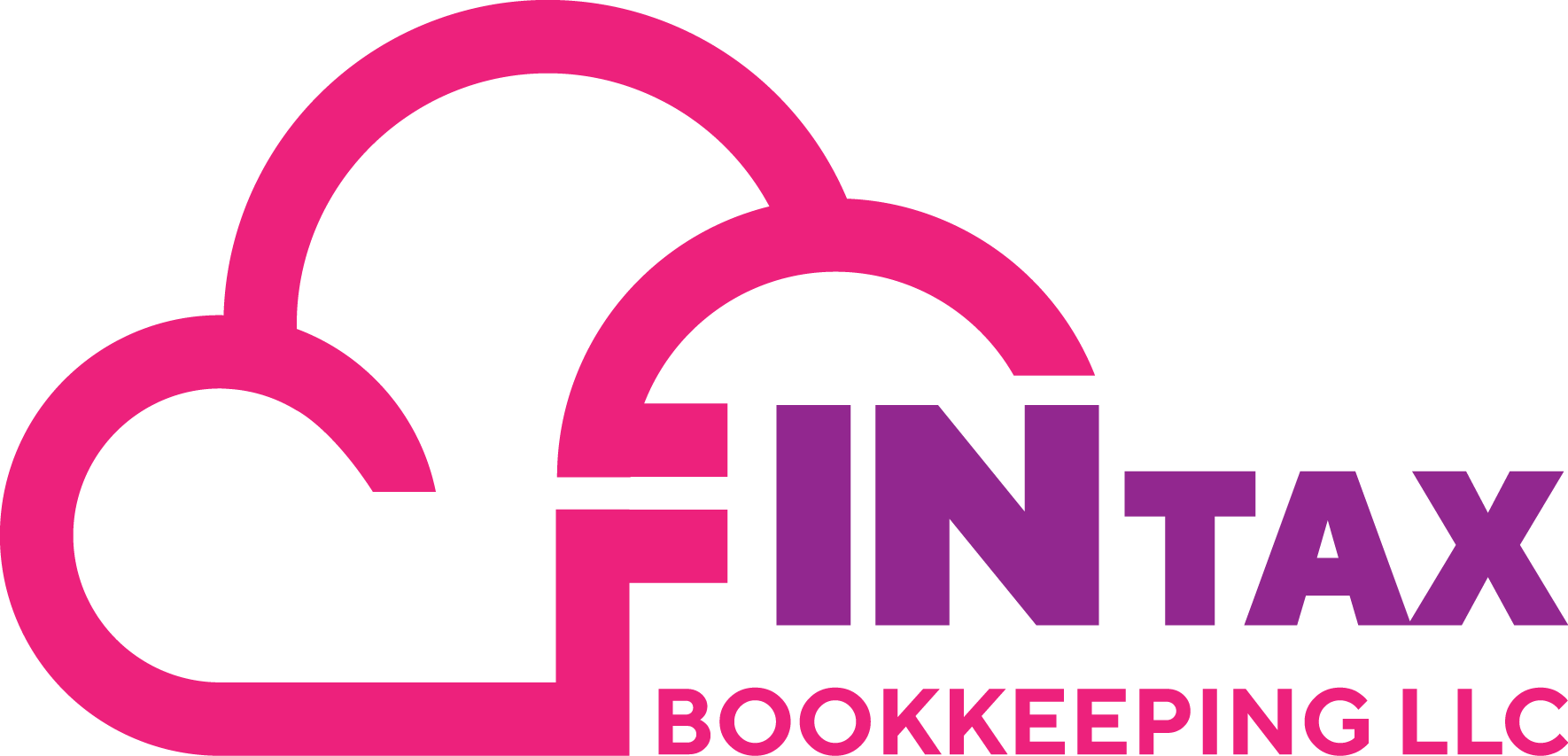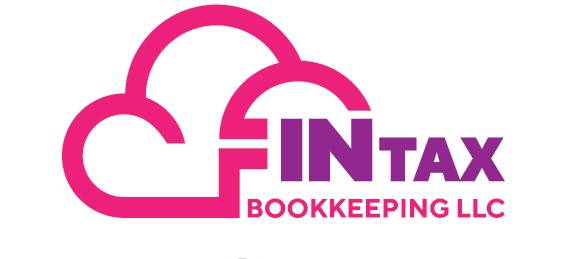The terms bookkeeper and accountant tend to be used interchangeably by those unfamiliar with the industry. But there are a few important distinctions between the two professions.
A Bookkeeper can help you manage your financial books by documenting transactions, managing accounts, and recording financial data. These tasks are collectively called bookkeeping.
An accountant can then use this data to assess the financial health of the business and make data-driven business decisions. An accountant can also be a bookkeeper, but an entry-level bookkeeper is not an accountant.
Before you decide to hire one or the other, you’ll need to know whether an accountant or bookkeeper will meet your business needs. Let’s take a closer look at the differences between the two and the benefits of each.
The function of bookkeeping/What does a bookkeeper do?
A bookkeeper may have a business or bachelor’s degree, but it’s not required. There are plenty of great bookkeepers with years of experience who work effectively without a business degree. Good bookkeepers are organized, skilled with numbers, and fastidious problem-solvers.
Common bookkeeping services and responsibilities include:
Recording daily transactions: Reviewing source documents and posting journal entries into accounting software
Maintaining and balancing ledgers, accounts, and subsidiaries
Reconciliations: Reconciling bank accounts and reviewing the general ledger to ensure that financial information is posted to the correct accounts
Data entry: Recording the financial data needed to Process Payroll, track debits and credits, and generate financial reports. Bookkeepers make changes to employee tax withholdings and wage rates so net pay is always calculated correctly.
Money monitoring: Monitoring accounts payable to ensure vendors are paid on time. Bookkeepers may also monitor accounts receivable and help with collections to improve cash flow.
Bookkeepers Benefit your Business by freeing up more time in your schedule, minimizing financial errors, and generating accurate financial reports. Some bookkeepers even offer tax preparation services for small businesses.
If you’re not ready to hire a full-time bookkeeper, you still have a few options. It’s always a good idea to start with bookkeeping software to track income and expenses. But managing your bookkeeping system still takes time. You might consider hiring a part-time bookkeeper or working with a contractor to take some basic bookkeeping tasks off your plate. If you use QuickBooks, you can be matched with an online bookkeeper to help you manage and maintain your books virtually. Virtual bookkeeping services give you access to bookkeeping experts across the country.
The bookkeeper role vs the accountant role:-
The function of accounting or What does an accountant do?
In general, an accountant’s role requires a higher level of expertise and education. Accountants use the records bookkeepers provide to assess big-picture finances and make smart business decisions. Accountants generally hold an accounting degree and are registered as a certified public accountant (CPA). CPAs must pass the CPA exam in order to use that title; this credential is highly valued in the accounting profession.
An accountant might oversee a bookkeeper’s work, or they might offer their own bookkeeping services. They review accounting transactions and manage the recordkeeping process. Their work also includes:
Generating financial statements: Making adjustments to the trial balance and generating the income statement, balance sheet, and statement of cash flows.
Verifying and analyzing data
Generating reports, performing audits, and preparing financial reporting records like tax returns, income statements, and balance sheets
Providing information for forecasts, business trends, and opportunities for growth
Helping the business owner understand the impact of financial decisions
Adjusting entries:-
Preparing tax returns: Accountants produce the financial reports required to generate tax returns. Your accountant may produce the tax filings and send them to the IRS or work with a CPA firm that provides this service during tax season.
Most importantly, your accountant is a valued advisor who can help you with important decision-making. If you consider purchasing new equipment or taking out a line of credit, your accountant can help you determine the financial ramifications of your decision.
Understanding the accounting cycle
To fully understand the division of responsibilities between an accountant and a bookkeeper, you need to understand the accounting tasks that must be completed. These tasks are part of the overarching accounting cycle, a system every business must follow to generate accurate financial statements. The steps of the accounting cycle are as follows:
- Create a chart of accounts
The chart of accounts is a list of financial accounts and corresponding account numbers needed to manage the business. As your company grows, you may add, subtract, or change the accounts that are used to post transactions. Use the chart of accounts to post every journal entry or financial transaction.
- Maintain journal entries and the general ledger
Post accounting transactions in the general ledger using source documents such as receipts, invoices, and other records of business activity. Post transactions using journal entries that track all accounts activity.
A company’s general ledger is a list of every transaction posted to the accounting records during a specific period of time. The general ledger lists every account name and number in the chart of accounts along with every debit and credit entry.
- Create the trial balance and adjust entries
Once all transactions are posted, generate a trial balance that lists all business accounts and balances. A trial balance may require adjustments and corrections using adjusting entries.
Adjusting entry transactions are necessary to comply with the accrual basis method of accounting required by the Generally Accepted Accounting Principles (GAAP).
Once the adjusting entries are posted, use the updated trial balance to produce financial statements. At the end of each month and year, close the books and start the process over again.
Every step in the accounting cycle must be performed at the end of each month and year. Without an accountant or bookkeeper, it’s up to the business owner to accomplish them on their own. A bookkeeper can manage most of these tasks, but an accountant takes them one step further by using the generated financial statements to offer valuable financial advice.
Should you Recruit an accountant or bookkeeper?
When it comes to hiring an accountant or bookkeeper, there’s no easy answer. Bookkeepers play a vital role in managing financial records while accountants bring valuable expertise and advice to the table.
No matter which direction you decide to go, one thing is certain: Hiring a bookkeeper or accounting professional is the only way a small business owner can manage growth.
Growing a company requires an increasing number of accounting transactions. You might start your business by handling accounting tasks yourself, then decide to hand off the day-to-day transaction input to a bookkeeper as you grow.
Eventually, your business will require the expertise of an accountant. As you grow, it’s important to invest in professionals who can keep your accounting system on track, free up your time, and help you make better decisions for your business.
The bottom line
Organized financial records and properly balanced finances produced by the bookkeeper, coupled with smart financial strategy and accurate tax filing by the accountant, contribute directly to the long-term success of every business.
Some business owners learn to manage their finances on their own, while others opt to hire a professional so that they can focus on the parts of their business that they really love. Whichever option you choose, investing—whether it be time or money—into your business financials will only help your business grow.


